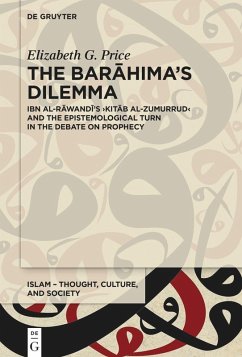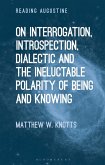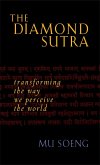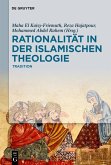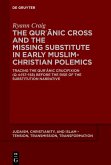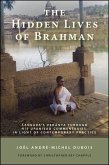This book traces the genealogy of the Barahima and explores their profound impact on the evolution of Islamic theology. It also charts the pivotal role that the Kitab al-Zumurrud played in disseminating the Barahima's critiques and in facilitating an epistemological turn in the wider discourse on prophecy (nubuwwa). When faced with the Barahima, theologians were not only pressed to explain why rational agents required the input of revelation, but to also identify an epistemic gap that only a prophet could fill. A debate about whether humans required prophets thus evolved into a debate about what humans could and could not know by their own means.
Dieser Download kann aus rechtlichen Gründen nur mit Rechnungsadresse in A, B, BG, CY, CZ, D, DK, EW, E, FIN, F, GR, HR, H, IRL, I, LT, L, LR, M, NL, PL, P, R, S, SLO, SK ausgeliefert werden.

